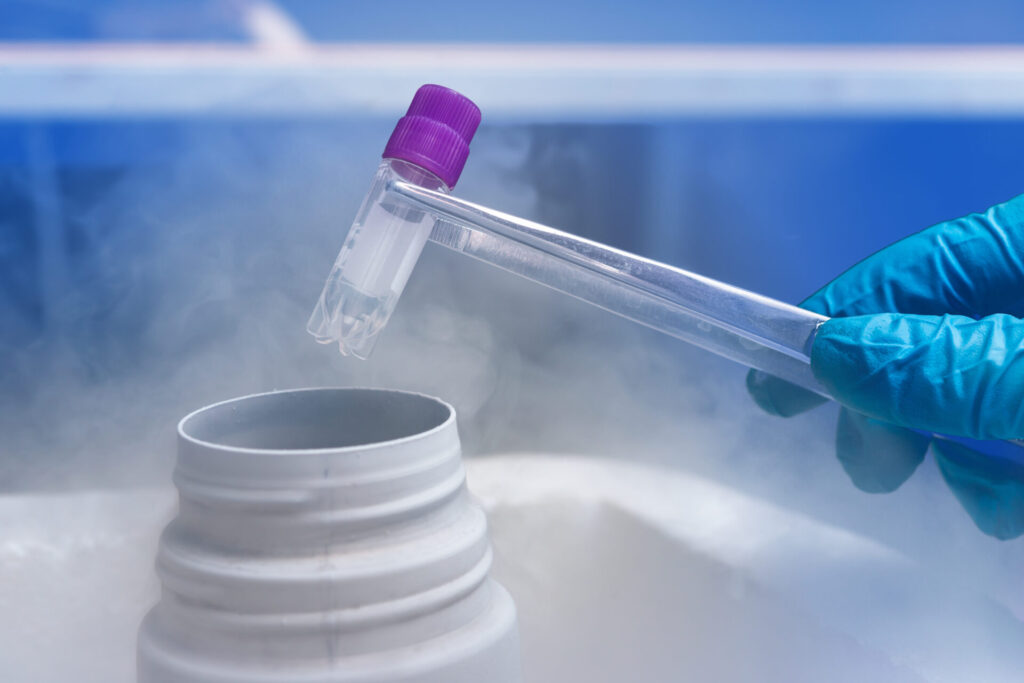The relentless march of time is an inescapable fact, but its effects on our overall well-being are profound and intricate. Referred to by some experts as the “master disease”, aging is more than merely growing older. It represents the functional decline of a living organism over time. This article probes into the multifaceted nature of biological aging, its repercussions, and the innovative ways in which science is demystifying and even countering its challenges.
Biological aging stems from a combination of numerous factors, resulting in a heightened vulnerability to a spectrum of health ailments. As years roll on, our body’s inherent protective barriers and the efficiency of our organs diminish. This decline makes individuals prone to severe health challenges, including but not limited to, cancer, cardiovascular diseases, and Alzheimer’s. Additionally, the shadow of aging can exacerbate pre-existing health conditions due to waning cellular repair and regeneration mechanisms. Furthermore, habits or environmental factors from earlier in life might manifest as health challenges in the later stages. As we age, there’s also a heightened risk associated with medical procedures and interventions. These observations emphasize the criticality of embracing healthy aging practices and being attuned to the latest advancements in longevity studies.
At its core, biological aging embodies the natural and gradual deterioration that every living being undergoes. Leading factors like cellular senescence and oxidative stress contribute to the cumulative cellular damage. With progressing age, our body’s capability to counteract and mend these damages dwindles, largely attributed to declining stem cell production and faltering DNA repair pathways. This not only leads to physical changes like skin aging but also impacts cognitive faculties, such as memory. Hence, it’s pivotal, especially for the elderly, to actively engage in stimulating cognitive endeavors.
Emerging prominently in medical circles is the concept of assessing biological age. By evaluating certain biomarkers, including hormone and protein levels, it’s feasible to gauge one’s internal health age. Such insights can significantly influence health interventions. For instance, someone with a biological age that surpasses their chronological age might benefit from preemptive health screenings, stem cell therapies, or lifestyle adjustments. Keeping track of these markers over time paves the way for a deeper understanding of our intrinsic aging dynamics, empowering individuals to take informed health decisions.
It’s imperative to differentiate between chronological and biological age. The former merely quantifies the years since one’s birth, while the latter delves into the physical and functional health state. Lifestyle plays a pivotal role in determining which of these truly mirrors our health status. Healthy habits can yield a biological age that’s younger than one’s actual years, whereas adverse choices might accelerate aging manifestations. Remarkably, external appearances can sometimes be deceptive, with someone appearing older yet having the vitality of a much younger person. Recognizing this nuance is key for holistic, long-term wellness.
Modern tools, ranging from DNA methylation evaluations to other biomarkers, offer a window into our genuine “biological age”. When these results are juxtaposed against similar demographic benchmarks, they provide a clearer perspective on one’s age, potentially highlighting areas for betterment, thereby steering health and longevity strategies.
To conclude, while eternal youth remains an age-old aspiration, scientific strides are bridging the gap, making graceful aging a tangible reality. By leveraging these cutting-edge insights and treatments, the dream of retaining a youthful vigor becomes increasingly achievable. With this enriched perspective, it’s time to champion a journey towards a brighter, healthier tomorrow.
ABOUT RMI
The Regenerative Medicine Institute (RMI) is an exclusive, fully licensed, cutting-edge stem cell clinic and research laboratory headquartered in the United States, with its flagship clinic and stem cell lab in San José, Costa Rica. RMI is the only institute that addresses the cellular aging process and develops solutions to treat accelerated aging at the root cause: our cells.
RMI provides the world’s most advanced cellular therapies for healthy aging, longevity, orthopedics, and disease through its proprietary Regenesis Programs platform. They start by conducting advanced testing and diagnostics to curate personalized treatment plans using cellular therapeutics incubated in their world-class lab and administered by an expert team of physicians.
Their ISO 7-certified laboratory was built entirely by scientists with extensive knowledge and experience in cell manufacturing and processing, specifically in molecular, micro, and cellular biology. Their Lab Director, Natalia Jimenez, and her team of experts have over 15 years of experience creating the most viable and effective stem cell lines.
Their relentless pursuit of successful outcomes, objective data, and measurable results drive their reputation as the market leader in innovative medicine, science, and technology.
At their core, what they do better than anywhere else in the world is longevity and the collateral damage that accompanies the aging process.
For more information about RMI’s orthopedic treatments:
Bailey Atteberry
bailey@rmi-international.com
281-608-4747
